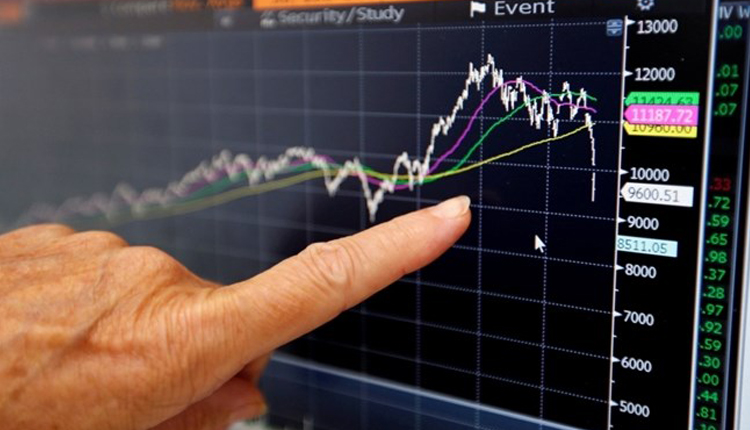Argentina’s latest financial market shock has failed to swamp other emerging markets in the way its previous plunges have done – in part due to the increasing isolation of the country’s credit and investments from the rest of the pool.
Argentina’s economy and banking system are probably too small to cause significant ripple effects by themselves. And while emerging economies are clearly under pressure from global trade and recession fears, they have not yet been materially infected by Argentina’s latest shock.
An estimated $3.4 billion has exited emerging markets outside Latin America so far this week, Institute of International Finance data shows, but analysts say only a part of that outflow is likely due to fallout from Argentine President Mauricio Macri’s heavy defeat in Sunday’s primary election – a result that’s seen the peso lose more than a third of its value in just three days.
Argentina’s currency plunge has echoes of its previous traumatic episode in 2018 which contributed to billions of dollars being pulled from emerging markets around the world.
This week’s jolt initially sparked some debt and equity selling in South Africa, Indonesia and Thailand and currency losses for Turkey, Mexico, Brazil and South Africa.
However, the shockwaves have been less severe so far this time and by the end of the week the contagion beyond Argentina began to fade. Analysts cited the country’s idiosyncratic situation and likened its string of recent crises — in 2001, 2014 and 2018, as well as 2019 — to a diminishing echo.
“The direct fallout from Argentina’s crisis on the rest of the emerging world should be limited, since Argentina’s economic footprint has diminished and it is a relatively closed economy,” said Stéphanie de Torquat, macro strategist at Lombard Odier.
The MSCI Emerging Markets Index for stocks is down 1.4% for the week, less than the 2.2% dip in its global all-country equivalent. Argentina accounts for an aggregate weight of only 0.26% within the index, significantly smaller than the weight of the largest five countries. Neighboring Brazil’s weighting is 8.1%.
Bond markets have also rebounded, with the Bloomberg Barclays Emerging Markets USD Aggregate Index back in positive territory for the month, reversing a 1% slide in the wake of the election outcome.
“Argentina isn’t the largest (debt) issuer in emerging markets, it is just 2% or 2.5% in the indices, so it’s fairly manageable from a broader contagion perspective,” said Shamaila Khan, director of emerging market debt at AllianceBernstein in New York. “In a year like this when emerging markets has had very strong returns I do not think that the price movement in Argentina is going to derail the appetite for emerging markets.”
Argentina’s economy, South America’s second largest, has been mired in recession since last year, while assets in its banking system, which has so far held up relatively well, account for around 20% of GDP.
Brazil, one of its main trading partners, is most vulnerable to direct contagion, but Argentina’s trade with other emerging markets is more limited beyond China, Chile and Vietnam.
“Argentina’s event can amplify any negative news on the global front,” said Magdalena Polan, global emerging markets economist at Legal & General Investment Management.
Some of the bond and equity outflows from non-Latin American emerging markets this week might be due to foreign investors offloading other holdings as they’re unable to liquidate loss positions in Argentina.
“The main impact to emerging markets is not through direct economic or financial linkages but rather portfolio VaR [Value-at-Risk] shocks that could necessitate reducing risk, or hedging exposure, in other high beta, high yield fixed income exposures,” said Jason Daw, Societe Generale’s head of emerging market strategy.
VaR shocks can happen when a spike in losses in one market can force portfolio managers to sell other parts of their portfolio to bolster cash holdings in their funds.
Third quarter outflows from non-Chinese emerging markets were around $11 billion so far, short of the $15 billion offloaded in 2018, according to Robin Brooks, chief economist at IIF. Then financial crises in Argentina and Turkey, as well as China and U.S. trade tensions, spread to South Africa, Indonesia and Brazil.
The 2018 sell-off was larger than during 2013’s taper-tantrum, when investors dumped emerging market assets after the Federal Reserve hinted at a reduction in stimulus, IIF data shows.
Still, unlike last year when emerging markets faced added pressure from rising interest rates, this time a more dovish monetary policy stance from the Fed and other leading central banks appear to be offering a softer landing even if the more bullish hopes of a big 2019 recovery have been dashed again.
source: Reuters
